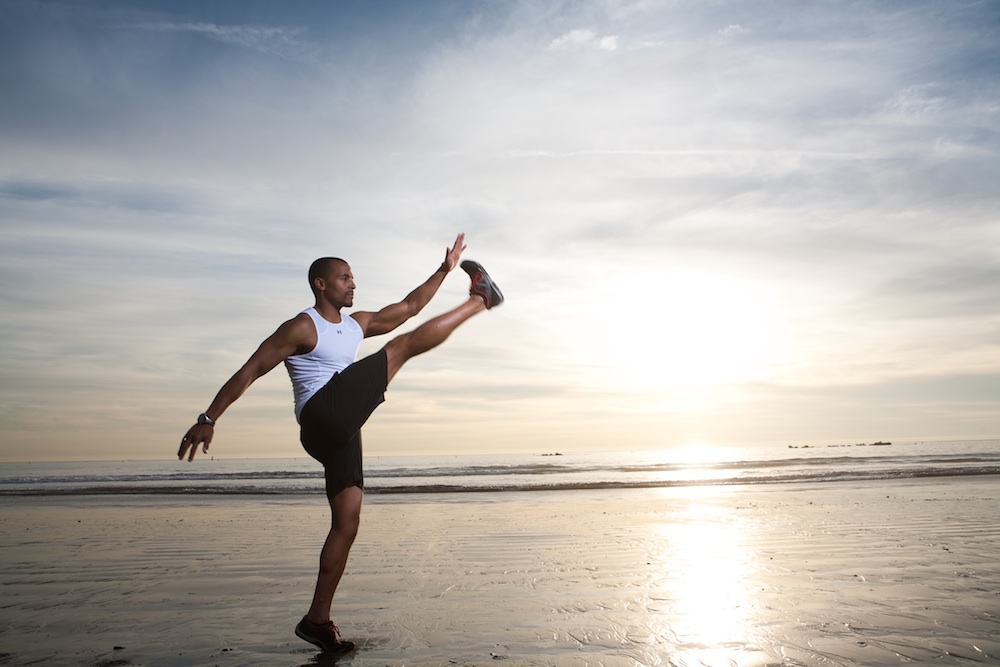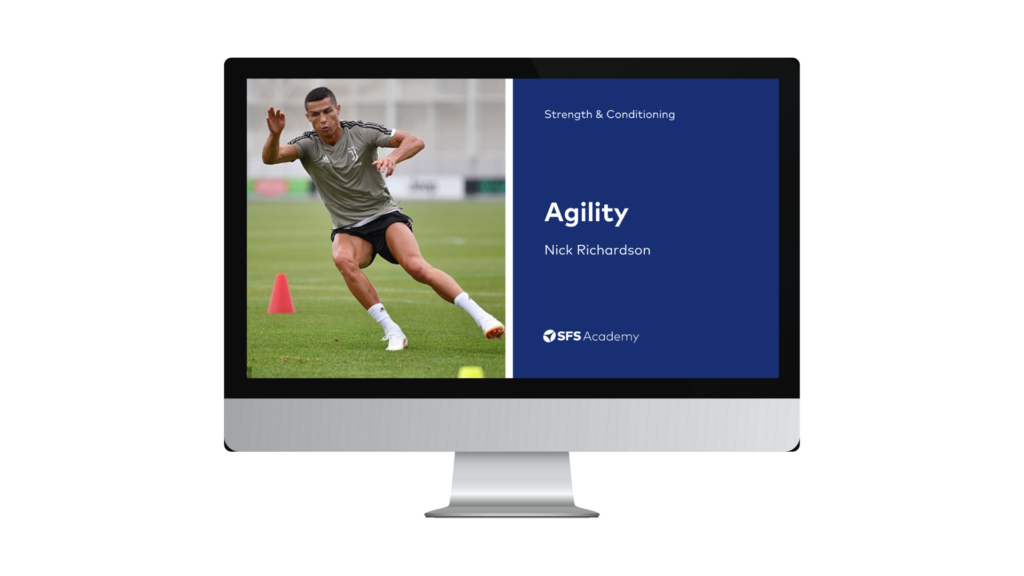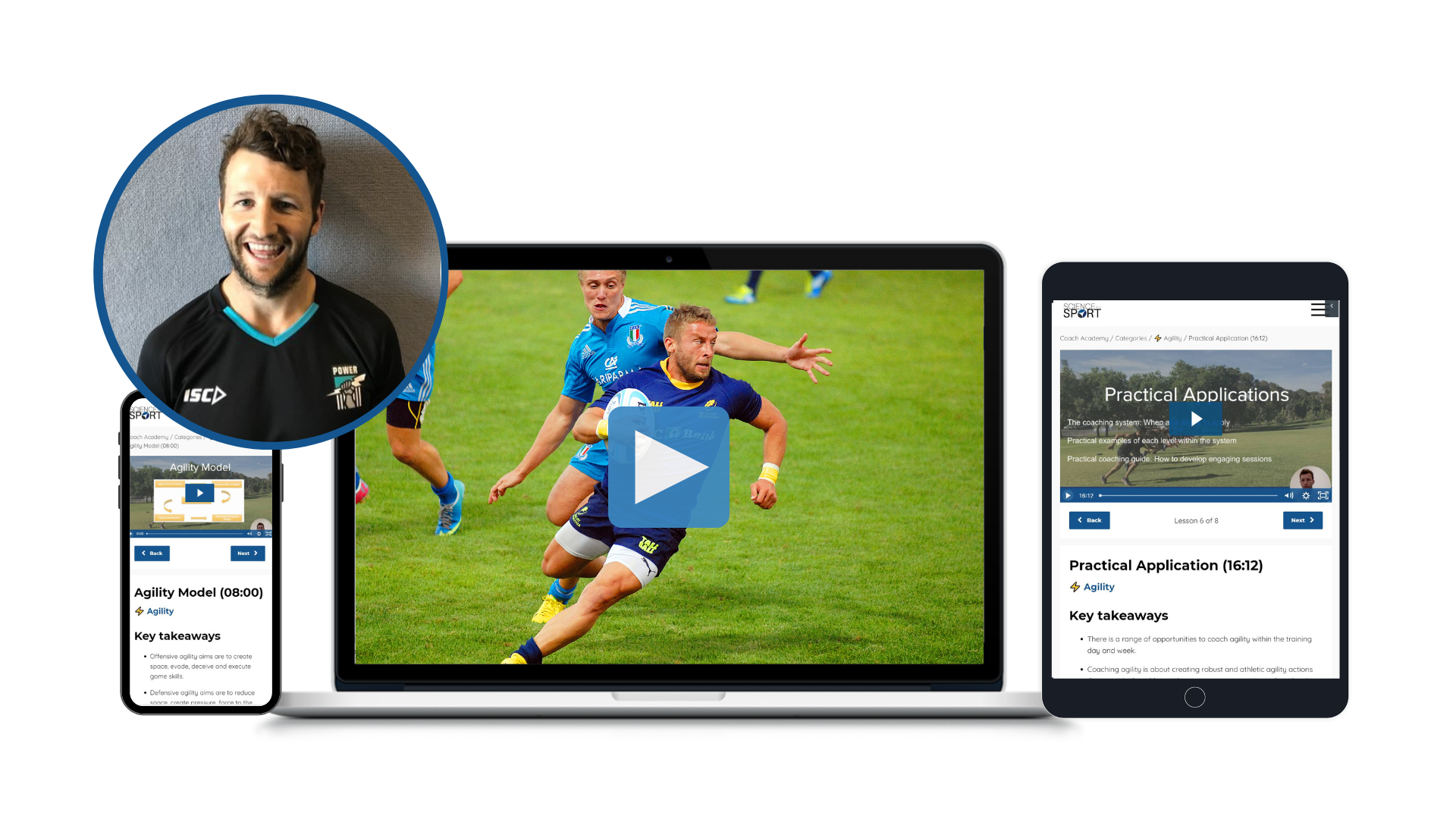This week in the world of sports science, here’s what happened…
- Dane Miller’s “perfect warm-up for athletes”
- The latest on concussions by Konstantinos Ikonomou
- The dietary habits and supplement consumption of gym-goers
Dane Miller’s “the perfect warm-up for athletes”

Renowned strength and conditioning coach Dane Miller, known for his prominent YouTube channel “Garage Strength,” recently presented a video outlining the optimal general warm-up routine applicable to any sport. Drawing from his own experience and recent observations at the Paris Olympics, where he closely studied the warm-up techniques of elite athletes, Miller asserts that this warm-up regimen adeptly elevates the heart rate, prepares the joints, and readies the muscles for subsequent physical exertion.
The initial exercise in Miller’s sequence involves a PVC pipe walk. According to Miller, this exercise aids in loosening the feet and ankles, stimulating cognitive function, refining balance, and enhancing proprioception. Subsequently, Miller advocates for banded thoracic spine rotations from a split stance position and trunk rolls, emphasising the harmonisation of muscle activation and joint mobilisation. Notably, Miller draws attention to his observation of U.S. Olympian Grant Fisher performing a similar exercise during his warm-up at the Paris Olympics.
Transitioning further, Miller engages in a series of exercises, including the single-leg RDL into a hip lock and duck walks, ensuring the incorporation of hinging and squatting movement patterns within the warm-up. Finally, to boost explosiveness and quick reactions, Miller uses the duck hop exercise to activate the nervous system.
Regardless of whether you agree with Miller’s belief in the superiority of this general warm-up routine, the provided video deserves attention. It sheds light on the practices used by top practitioners with their athletes.
While we’re on the subject of warm-ups, why not check out our more recent course: Warm Ups and Cool Downs
The latest on concussions by Konstantinos Ikonomou

Renowned clinical specialist physiotherapist Konstantinos Ikonomou recently published an insightful post on LinkedIn, shedding light on the enduring impact of concussions. In this post, Ikonomou succinctly summarises the latest research on the long-term effects of concussions, revealing that even after symptom resolution, persistent alterations in brain structure and function can impede an athlete’s recovery from training stimuli. Notably, Ikonomou emphasises that premature return to training following a concussion significantly elevates the risk of musculoskeletal injuries.
Furthermore, Ikonomou underscores the cognitive implications of concussions, highlighting the potential challenges for student-athletes due to concentration and memory issues. He also draws attention to the strong correlation between concussions and mental health conditions such as depression and anxiety, while noting the adverse impact of concussions on gut health and overall well-being.
Concluding his post, Ikonomou advocates for the serious consideration of concussions, emphasising the necessity of ensuring a complete recovery before resuming sporting activities. He stresses the criticality of immediate treatment and the need for long-term monitoring. Lastly, he highlights the importance of further research into concussions.
Ikonomou’s LinkedIn post and the referenced study are highly recommended for a comprehensive understanding of this critical issue for those involved in contact or combat sports. If you’re interested in learning more about this topic, be sure to check out our blog Concussion Recovery: Why it’s important to get active after a head knock (but don’t overdo it), podcast Brain Food: Essential Advice For Concussion Recovery, and course Concussion Rehab.
The dietary habits and supplement consumption of gym-goers

A recent study, published this month, delves into the dietary habits and supplement usage of individuals who frequent gyms in Portugal. The study encompassed 303 gym-goers, representing both genders and located in Lisbon, Portugal.
On average, each athlete in the study consumed 1.59 supplements. The most frequently used supplements were protein (59%), creatine (41%), and multivitamins (27%). Male participants preferred protein and creatine, while female participants favoured L-carnitine and protein yoghurts.
A notable observation from the study pertains to the sources relied upon by participants for information about sports nutrition and supplement consumption. The internet emerged as the primary source (42%), followed by advice from friends (27%). Notably, registered dietitians (25%) and medical professionals, such as doctors (14%), were consulted less frequently for guidance.
While the internet undoubtedly offers a wealth of valuable information, it also presents a substantial volume of misleading and erroneous content from unqualified sources. Relying on advice from friends without professional expertise can similarly pose concerns. Hence, this study demonstrates the underutilisation of dietitians, emphasising the need for increased awareness of their significance.
For those interested in gaining a deeper understanding of the dietary practices and supplement utilisation of regular gym-goers, we recommend checking out this study. Also why not check out our relevant blogs:
- Supplements in sport: What are the benefits and risks?
- Do your athletes know why they are taking supplements?
We also have just released an excellent new course Sport Supplements by Dr Robert Naughton that is well worth checking.
From us this week:
>> New course: Sport Supplements
>> New podcast: Why Sprint Interval Training Is Essential For Conditioning
>> New infographic: Tactical Strength And Conditioning
>> New article: ForceDecks Dual Force Plate System By VALD
Access to a growing library of sports science courses
SFS Academy is an all-access membership to premium sports science education.
With SFS Academy, you’ll learn from some of the best coaches around the world as they teach you how to apply the latest research and practice with your athletes.




